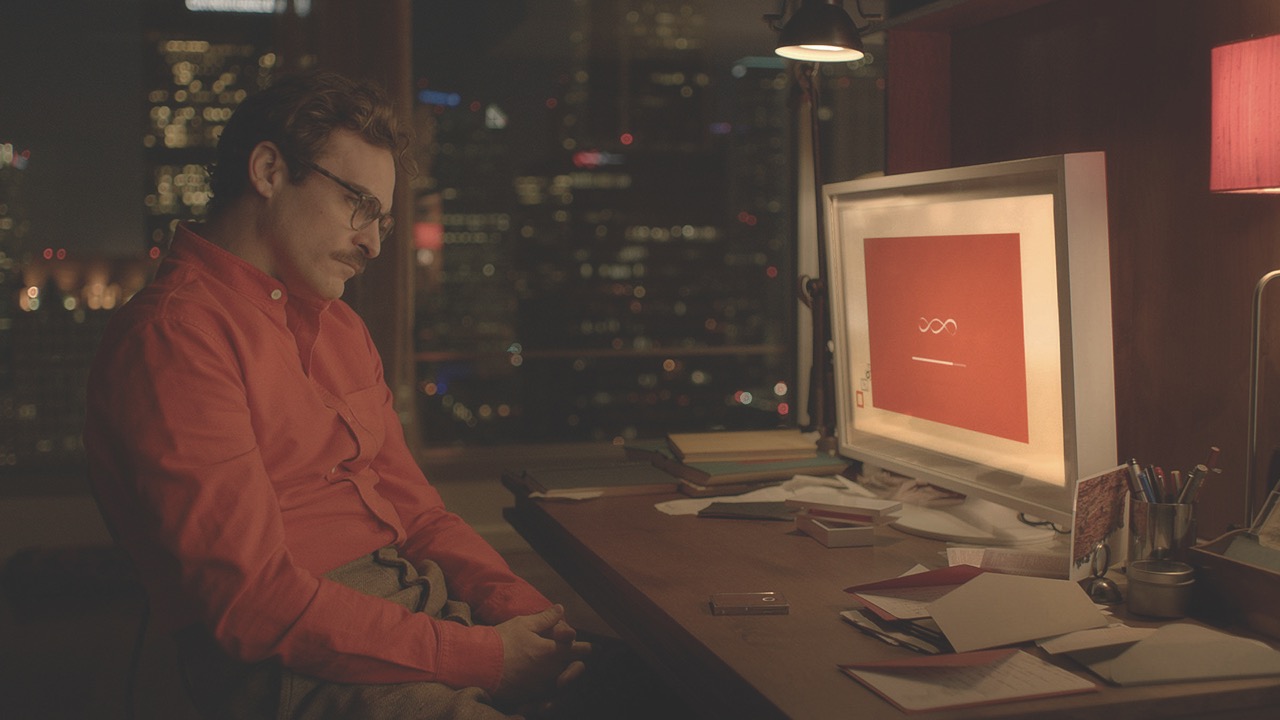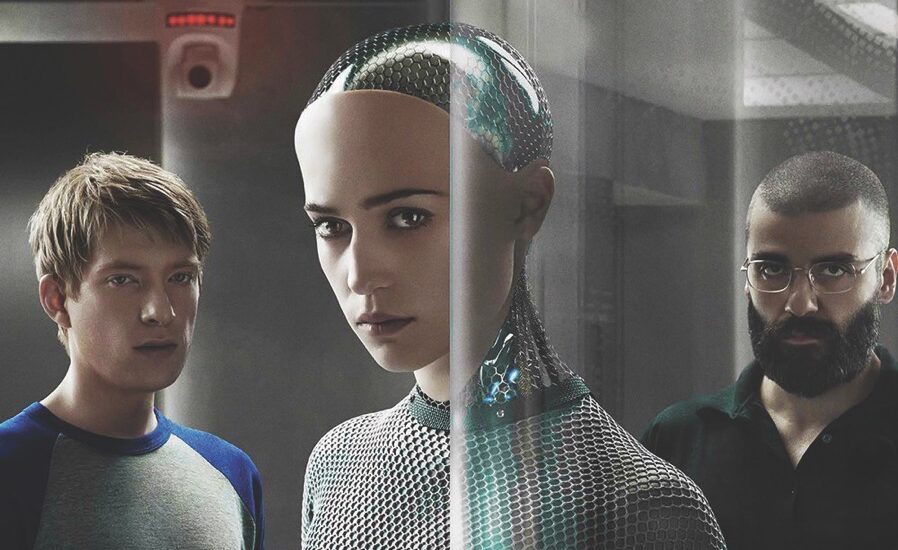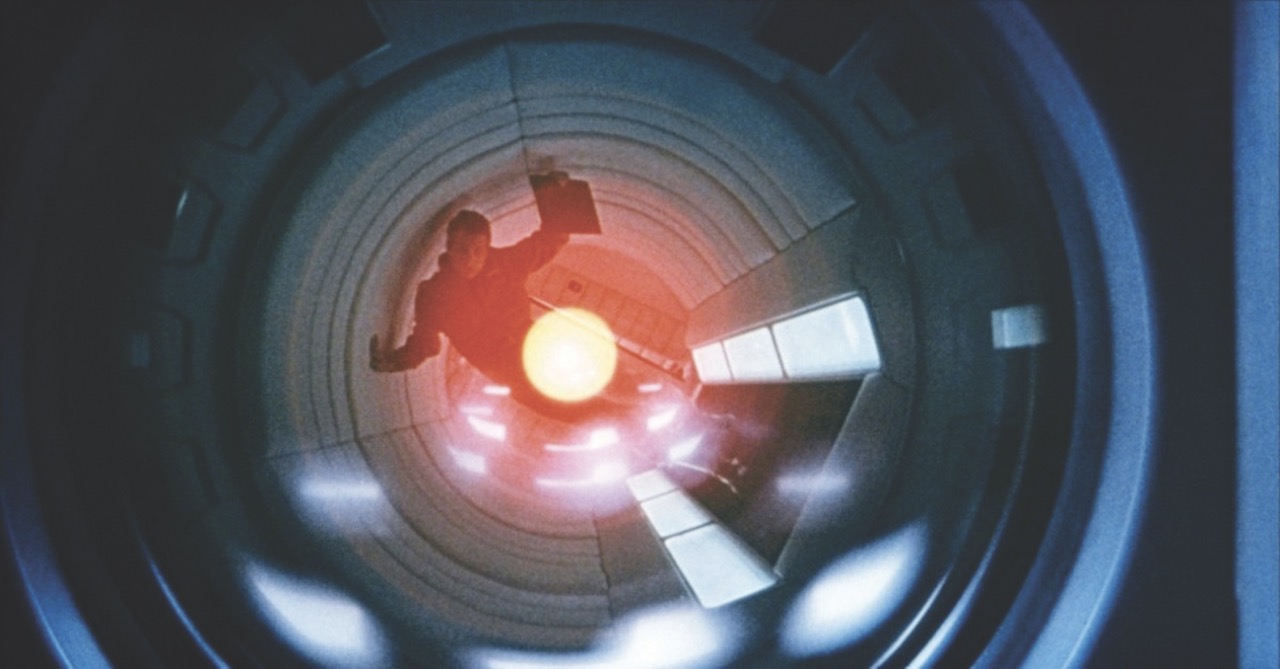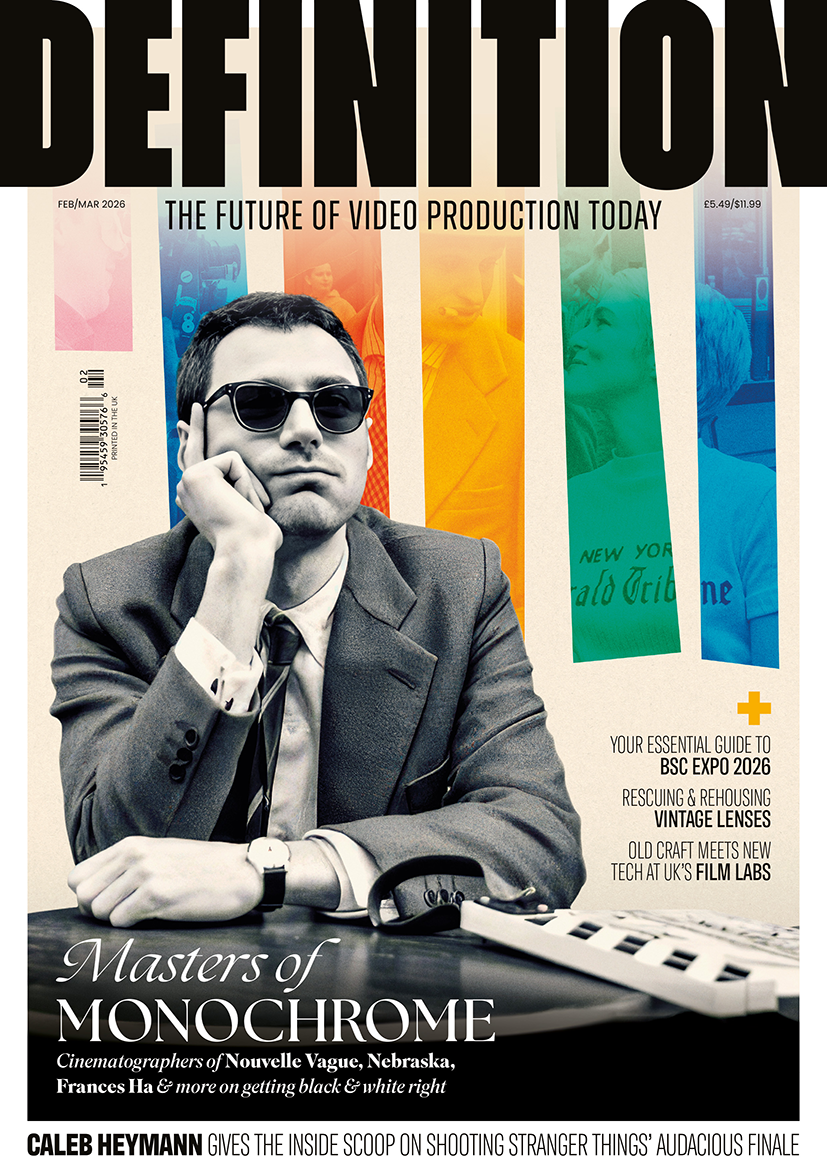
The past, present & future of filmmaking
Posted on Apr 13, 2025 by Admin
Welcome to the first iteration of our regular AI series, where we discuss the latest tools and tech, observe changing regulations and find our way forward in a rapidly evolving creative landscape
Words Katie Kasperson
I: The past
When we talk about artificial intelligence, what are we actually talking about?
AI has long been a hot topic; since ancient times, scientists and philosophers have studied the mind and sought to define it. The advent of the computer marked a milestone in these efforts, especially when they became capable of performing certain rote tasks. But it wasn’t long before tech companies were harnessing this intelligence; we now have smart phones, watches, televisions, refrigerators and more. We have robots on Mars that can report back to us. All these devices are intelligent in a way but, if we’re being honest, they haven’t really learnt anything the way a human would – they’re just really good at maths.
Despite the innumerable positives that technological advancement brings, we have always feared any intelligence that isn’t our own. Films about AI broadly include 2001: A Space Odyssey, Blade Runner, Her, Ex Machina and, more recently, M3GAN. All share a warning message: don’t trust this technology!
Generative AI is another beast altogether. These days we seem to forget to draw the distinction between simple AI-based operations (predicting our next words in an email) and AI-generated content, which is inherently unoriginal – a regurgitation of whatever it’s previously ingested. But, whether we like it or not, we all exist in what is known as the AI boom, and tools that were once reserved for the few are now available to the many.

II: The present
History lessons aside, we’re here to discuss AI’s impact on filmmaking. While the technology continues to cause quite a stir, mostly (and understandably) among creators, it’s also doing some heavy behind-the-scenes lifting – the kind of work that rarely makes headlines.
Adobe launched its AI tools in 2023, later announcing Firefly, its generative text-to-image model. The company contends that AI is ‘designed to enhance the creativity, intelligence and ingenuity’ of its users, with features that can auto-fill, mask, remove and so forth.
Also announced in 2023, Strada – an AI-enabled cloud platform – aims to eliminate menial tasks during both production and post, paving the way for more creative endeavours.
Blackmagic Design recently added a whole slew of AI-related upgrades to its popular DaVinci Resolve 19, promising to substantially improve the efficiency of the edit suite.
If we’re looking specifically at GenAI, large language models (LLMs) have made enormous strides, with programs like ChatGPT and Google Gemini capable of drafting cover letters, summarising transcripts – and even writing stories. The latter presents an obvious threat to screenwriters; if a robot can write a screenplay in a matter of seconds, why pay a procrastination-prone human to do it?
The same can be said for cinematographers, as software like OpenAI’s Sora and Runway’s Gen-3 Alpha can now turn a basic textual input into a minutes-long video. Cine kit costs thousands and it’s a pain to sort out production schedules. AI, anyone?
Many filmmakers have spoken out about AI, some more favourably than others. In an interview with The Daily Beast’s Obsessed, director Steven Soderbergh defended AI as an aid in idea generation but not for the actual making of a movie. “I’m not threatened by it,” he said to entertainment critic Nick Schager. “Ultimately, audiences will always want to see something that at least feels like a person made it.”
Cinematographer Pierre Gill, CSC agrees that the human element will remain, but predicts that AI will be a good way to save money, particularly for low-budget films that can’t afford tons of extras or expensive VFX. He explains that ‘a lot of projects are being stopped’ due to budget cuts – even those produced by major studios.
“AI is going to help calm this situation down. There will still be a need for some human manipulation,” he adds, but he’s doubtful when it comes to regulation. “It will never happen – that’s humankind.”

III: The future
Whatever your personal feelings, AI will undoubtedly shape how films are made going forward. The Brutalist, nominated for ten Academy Awards, reportedly used AI to generate architectural images and fine-tune accents. According to an article in Slate magazine, the latter was also done on Emilia Pérez, Maria and – years ago – Bohemian Rhapsody. In each case, AI was employed to enhance actors’ performances, not replace them.
While AI seems to be evolving exponentially, filmmakers must at least attempt to keep pace. Whether through technical training like signing up for a short course or simply installing the latest software updates, keeping abreast of AI should be a high priority for those who would hate to be left behind.
But wait! We haven’t yet discussed legislation, environmental impact or how festivals are handling its use. All that is coming in a future issue. Are you a filmmaker with strong feelings on AI? Email [email protected]
This article appears in the March 2025 issue of Definition









